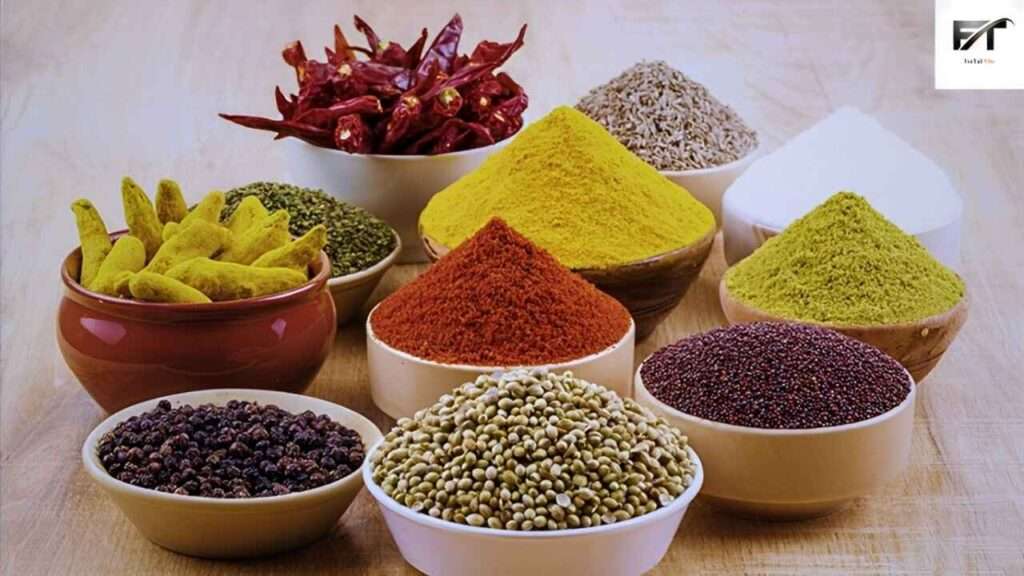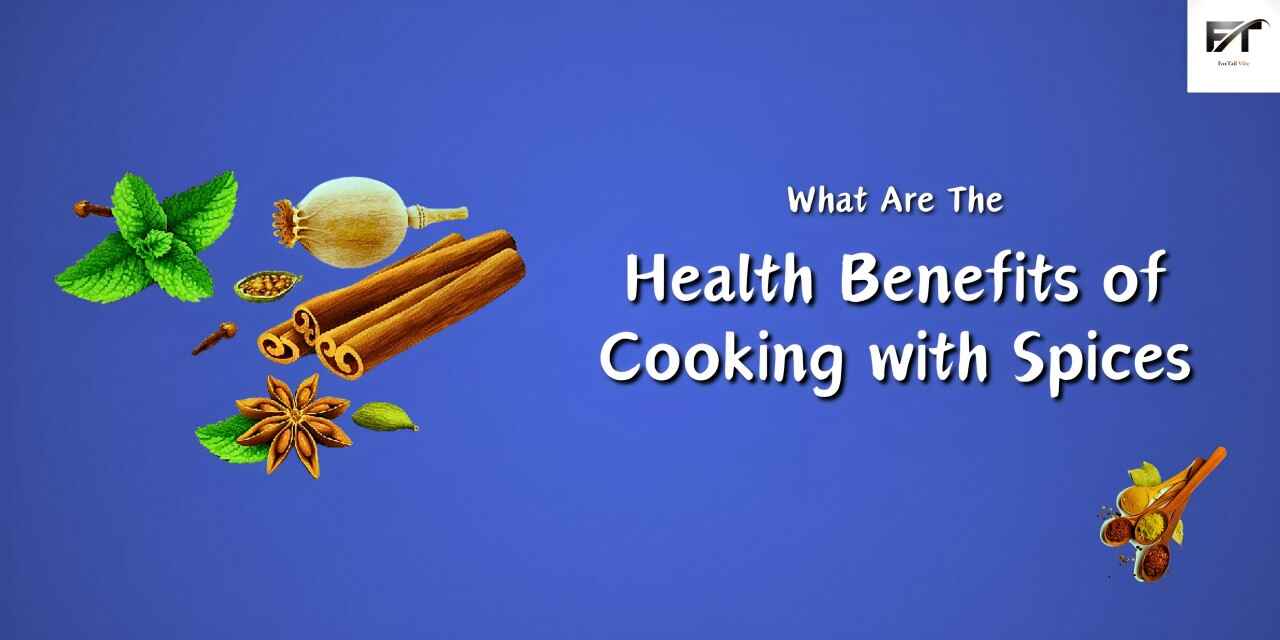Spices are not just about adding flavor to your food; they can also pack a punch when it comes to health benefits. From improving digestion to boosting immunity, the right combination of spices can elevate both the taste and nutritional value of your meals. Let’s delve into how you can harness the power of spices to enhance your cooking and well-being.
The Importance of Spices in Cooking:
Spices have been an integral part of culinary traditions around the world for centuries. They not only add depth and complexity to dishes but also have therapeutic properties that contribute to overall health. Incorporating a variety of spices into your cooking can transform even the simplest ingredients into flavorful and nutritious meals.
Understanding the Health Benefits:

- Anti-inflammatory Properties: Many spices, such as turmeric, ginger, and cinnamon, possess potent anti-inflammatory properties. These compounds can help reduce inflammation in the body, which is linked to chronic diseases like arthritis and heart disease.
- Antioxidant Powerhouses: Spices like cloves, oregano, and cumin are rich in antioxidants, which help protect cells from damage caused by free radicals. Antioxidants play a crucial role in preventing oxidative stress and lowering the risk of chronic diseases, including cancer.
- Digestive Aid: Certain spices, such as cumin, coriander, and fennel, have been traditionally used to aid digestion. They stimulate the production of digestive enzymes and can help alleviate symptoms like bloating, gas, and indigestion.
- Metabolism Boosters: Spices like chili peppers contain compounds like capsaicin, which can increase metabolism and promote fat burning. Incorporating spicy foods into your diet may help with weight management and improve metabolic health.
- Immune System Support: Garlic, onion, and ginger are renowned for their immune-boosting properties. These spices contain compounds that help strengthen the immune system, making your body more resilient to infections and illnesses.
Incorporating Spices into Your Cooking:
- Start with the Basics: Begin by stocking up on staple spices like turmeric, cumin, coriander, cinnamon, and chili powder. These versatile spices form the foundation of many cuisines and can be used in a wide range of dishes.
- Experiment with Flavor Combinations: Don’t be afraid to get creative with your spice blends. Mix and match different spices to create unique flavor profiles that suit your taste preferences. For example, try combining cumin, coriander, and paprika for a flavorful Mexican-inspired seasoning.
- Opt for Fresh When Possible: While dried spices are convenient, fresh herbs and spices often pack a more potent flavor and higher nutritional content. Whenever possible, use fresh ginger, garlic, and herbs like cilantro and parsley to add brightness to your dishes.
- Toast Spices for Intensified Flavor: Toasting spices in a dry skillet before using them can enhance their aroma and flavor. Simply heat the skillet over medium heat, add the whole spices, and toast for a few minutes until fragrant. Be careful not to burn them.
- Balance Flavors: When incorporating spices into your cooking, strive for balance. Too much of a single spice can overpower the dish, so aim to use spices judiciously to enhance the overall flavor profile without overwhelming the other ingredients.
By harnessing the power of spices in your cooking, you can not only elevate the taste of your meals but also reap a myriad of health benefits. From reducing inflammation to boosting immunity, spices offer a natural and delicious way to support your well-being. So, don’t hesitate to spice up your dishes and explore the diverse world of culinary flavors and health-promoting properties that spices have to offer.
Also Read – How Herbal Teas Can Transform Your Health and Lifestyle
